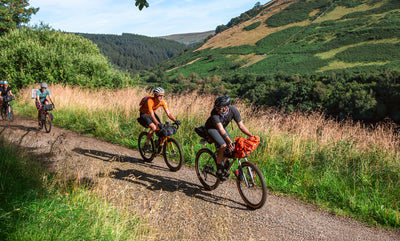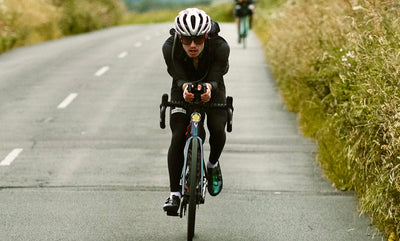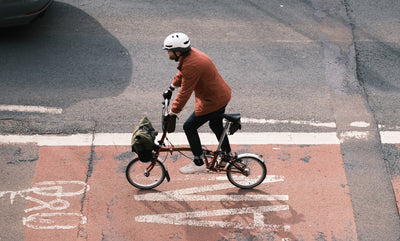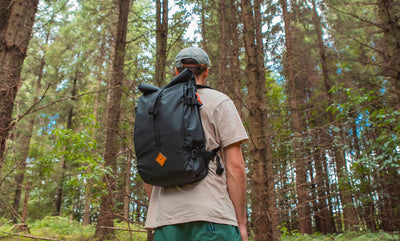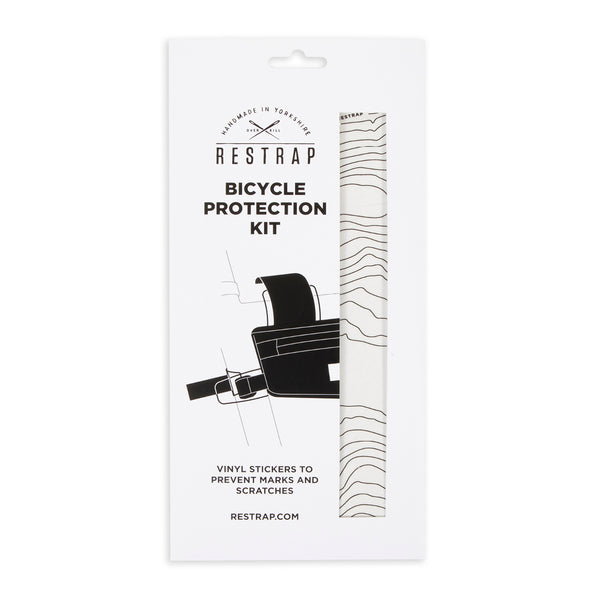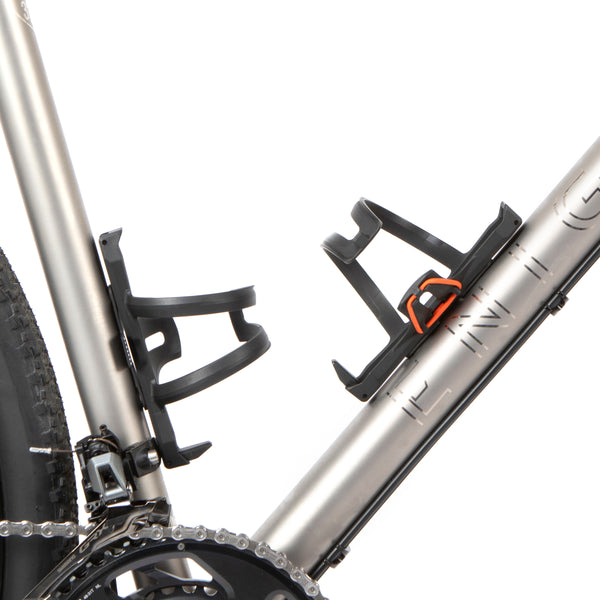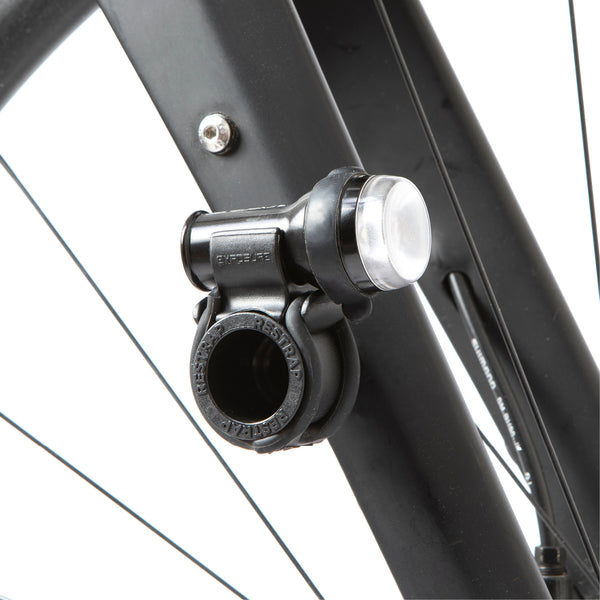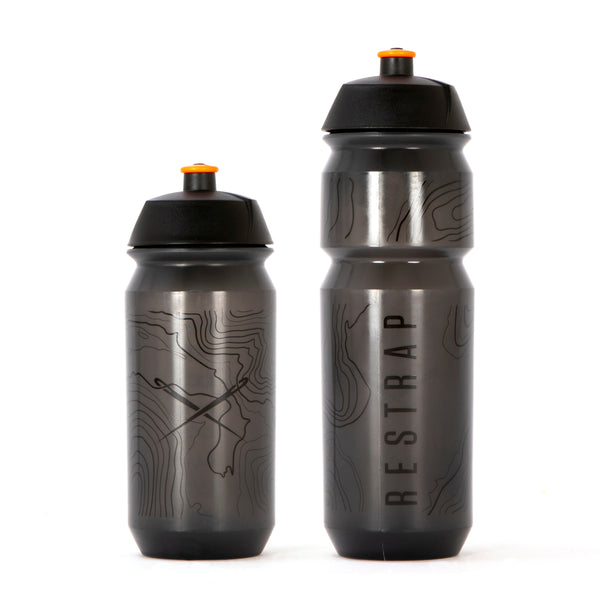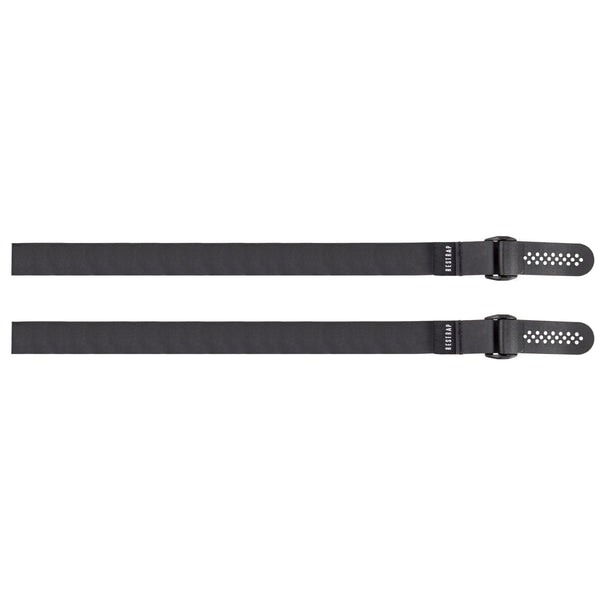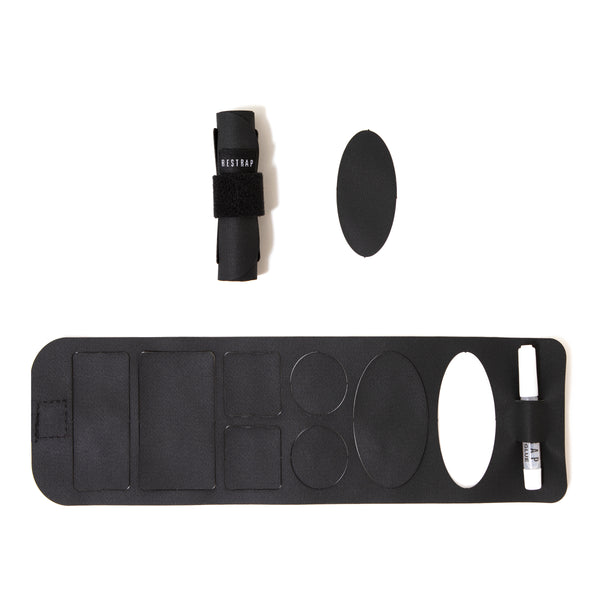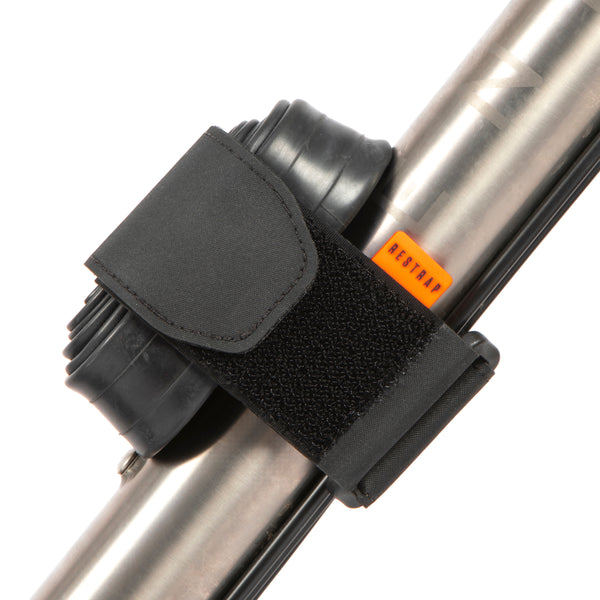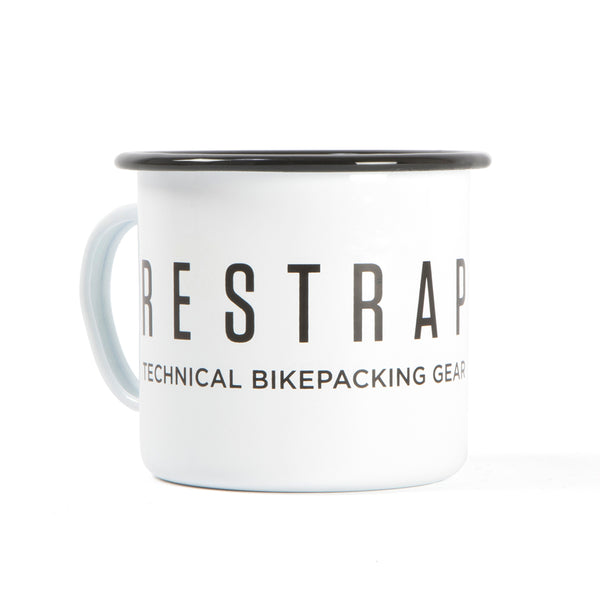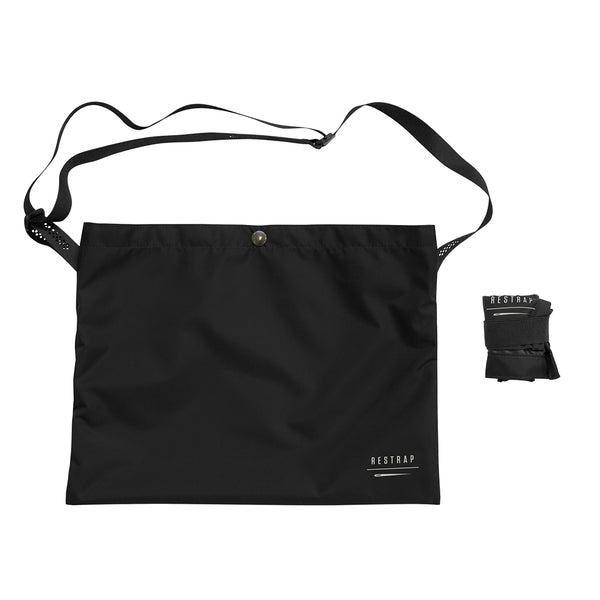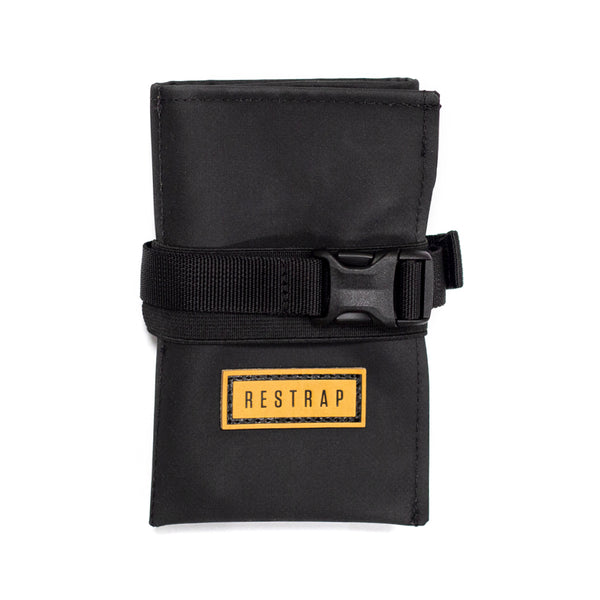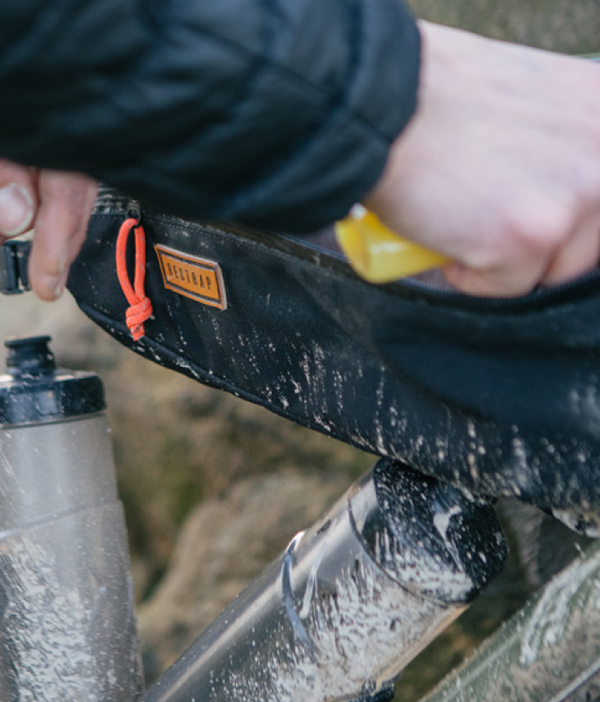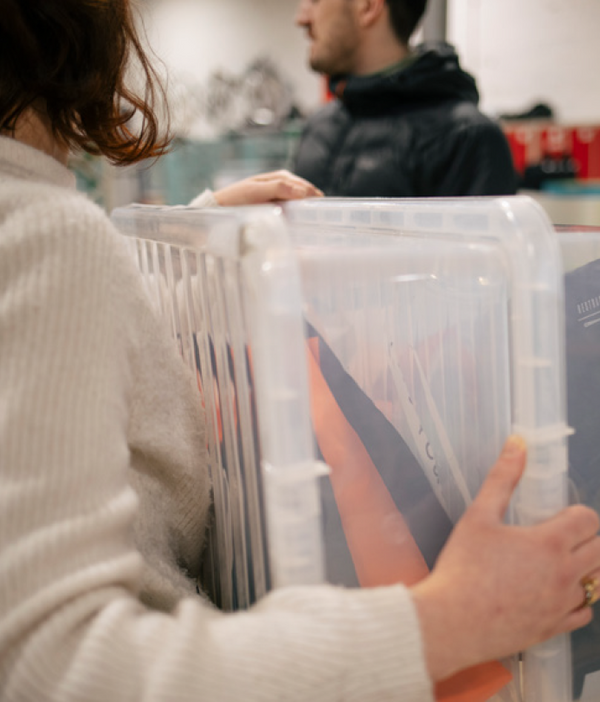Your cart is empty!
Elephant Tracks on Tyre Tracks - Bikepacking in East Africa

I’ve long been a believer that the beauty of bike packing is that our slower speed and vulnerability makes for the perfect opportunity to really feel a part of an environment and culture. I am a map obsessive, glossing over atlases looking for parts of the world that grab my attention. One day, Lake Victoria in East Africa caught my eye and I thought about the landscapes that I'd pass cycling from northern Uganda, down and under Lake Victoria into Tanzania. I could not picture it, beyond our western images of lion king landscapes.

I was aghast. The Nile, an almost fictional river, Jurassic Park-esque in its actuality lay a mere 50 metres from my one man tent. I spent 4 nights settling in, by night four the sound of hippos passing in the night became comforting. The first night terror? A distant memory.





We reached the border just as we had started to get used to Uganda. Immediately we were welcomed in Tanzania, and I was excited to use my limited swahili. I rapidly found it to be just that; limited. Hand communication and facial expression ensued. In contrast to the density in Uganda, Tanzania's sparse population enabled us to get far more remote. We passed through villages where, being obviously non-African, we were assumed to be Chinese. Perhaps the only other nationality these villagers had encountered. Such small interactions flipped my perspective on the globalised world I had believed I lived in.

The sparsity meant wider distances between simple places to stay, thus forcing our hand to wild-camping. I think here the term wild camping does truly apply. One evening we were caught by the light. Being by the equator, sunset to pitch black happens quickly. We were rushing to find a spot to pitch the tents, we found an old river bed with enough space and set up. As I approach the tent to sleep a head torch lit scorpion runs over my hand and straight under the tent. Exhausted and hungry, I was excited to sleep. Instead a 20 minute battle between a camping pan and a scorpion began. The pan, thankfully, proved itself the victor. I cannot begin to describe the cacophony of novel animal noise that night. Knowing we were deep within big cat territory, the only way to calm our nerves was to tell each other the sounds were just goats. On awakening I found elephant tracks just meters from those tread tracks we’d lain the night before.

Singletrack through paddy-fields, proved almost un-navigable in places. Since the farmers rotate the location of the paddy fields annually the paths and roads between them also differ. Our paper maps and our gps therefore failed us. We relied almost entirely on setting bearings and following a direction. It felt rather like the scene from “Mr Beans Holiday” where he goes in an exact straight line. Having to cross marshland and rivers we were far, far slower. Hours passed faster than the Kilometres, but the wonder of the landscape never lapsed.

Eventually, wheels returned to Tarmac and we were happy in the comfort of knowing the final miles towards our coastal destination would be easy. As we descended towards the coast the heat, and humidity rose. Our final days were spent at 40 degrees and 85%+ humidity. We thus welcomed the air conditioning that awaited us in Dar Es Salaam. As we wandered through the skyscrapers of Tanzania's capital we reflected on the journey we had just completed. The world we had seen up till this point was so vastly different from our own. It felt odd to finish it in a soon to be “mega-city”, which felt bizarrely familiar to that of London or Paris. It's hard to express the influence of a trip such as this in under 1500 words, I therefore want to use what words I have left to thank all those who helped us along the way. Hospitality was unrivalled in East Africa. Invited into homes, meals prepared for us, without these beautiful and kind individuals this trip would have been almost impossible. My Western media driven perceptions of this far away land have been shattered, and I am eager to return.
Words and photos by Owen Brewster - @owenbrewsterphoto
The film 'Treading the Line' from this trip will be out soon. Follow Owen's page for more info















